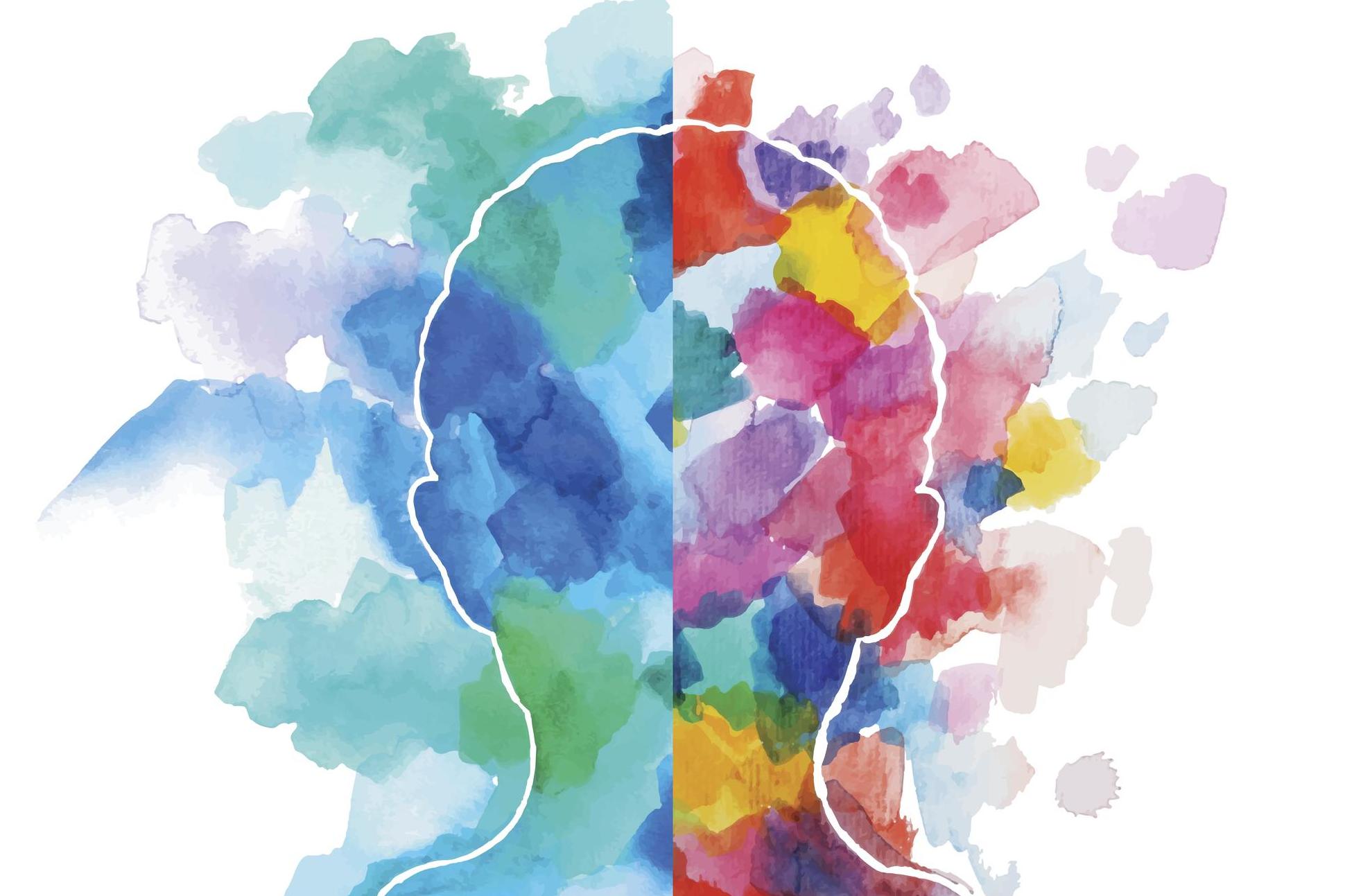Social media is making it easier to conceal mental illnesses
When was the last time you documented a panic attack?

Your support helps us to tell the story
From reproductive rights to climate change to Big Tech, The Independent is on the ground when the story is developing. Whether it's investigating the financials of Elon Musk's pro-Trump PAC or producing our latest documentary, 'The A Word', which shines a light on the American women fighting for reproductive rights, we know how important it is to parse out the facts from the messaging.
At such a critical moment in US history, we need reporters on the ground. Your donation allows us to keep sending journalists to speak to both sides of the story.
The Independent is trusted by Americans across the entire political spectrum. And unlike many other quality news outlets, we choose not to lock Americans out of our reporting and analysis with paywalls. We believe quality journalism should be available to everyone, paid for by those who can afford it.
Your support makes all the difference.Social media is, by nature, a highlight reel.
Thanks to a myriad of editing features and filters, users are encouraged to present the glossiest version of themselves via an entirely self-curated show reel.
With these pressures in mind, it’s no surprise social media has been linked to poor mental health in countless studies, but the problem might be more deeply-rooted than we think.
It makes sense that Instagram was named and shamed as the worst platform for mental health in 2017; there’s only so much scrolling through picture-perfect holiday snaps and bikini selfies one can take before it wreaks havoc on their self-esteem - it was also recently named the most narcissistic platform, FYI.
However, the links between social media extend beyond everyday insecurities - and it boils down to the way we use it.
Naturally, you’re more likely to document a night out with friends than an evening spent crying on the sofa over a breakup, but what’s to stop you from posting about said night out when on said sofa?
The beauty and curse of social media is that you can feign a joyful public persona while maintaining a miserable private reality.
This is where things get murky for someone who is battling a mental illness.
It can be all too easy to get caught up in the allure of disguising one's inner turmoil by dint of a glossy social media profile because these platforms are, by nature, deceitful, explains Marc Hester, consultant clinical psychologist at The Summit Clinic in north London.
“It is very hard to know if another person on social media is well, unhappy or distressed,” he told The Independent.
This is problematic for various reasons.
Not only does this disparity between one's social media persona and their real life persona foster a culture of denial, but it could also dissuade someone from seeking medical help for a mental illness they perpetually shelve with every smiley selfie.
Plus, posting about all the fun things you’re not currently doing with all the cool people you’re not currently with can obviously exacerbate loneliness, which again can be potentially damaging for someone who might already be struggling with intense feelings of isolation thanks to anxiety or depression.
“Social media can magnify feelings of isolation in a society where everybody else appears to be looking fantastic and having and a great life,” explains Hester.
“It can become a place where we magically feel better by a single like.
“That can be achieved by parading as always happy.”
So, if we know it’s bad for us, why do we continue to do it? And why is the idea of "faking it" so appealing?
“It comes from a need to be seen as well held together, as successful and to always be a little bit better that 'the other boy or girl',” suggests Hester,
“So it can become a rather inauthentic version of real life.
“It is also rooted in a regressed wish to be seen as impervious and successful. Thus is can serve as an escape from the pressures of everyday life, thereby creating an online version of ‘the perfect self’.”
However, he warns that this feeling of satisfaction is merely ephemeral.
That being said, when used in an educated manner, there are clearly a number of benefits social media can offer to someone battling a mental illness.
“It can play a useful role in our wider support networks,” explains Stephen Buckley, head of information at mental health charity Mind.
He added that social media platforms can act as a resource-sharing channel while also giving people a platform to vocalise their experience if they wish.
As for ways to help, Buckley suggests maintaining a balance between online and offline activity.
“If you’re feeling vulnerable or are spending too much time on social media, it might be worth taking a break for a bit or setting aside some time each day to do something else like reading a book or doing some physical exercise,” he suggests.
“You could also protect a certain amount of time in your day to eat healthily and get a good amount of sleep.
Mind’s guide on how to stay safe online has advice on this.”
Join our commenting forum
Join thought-provoking conversations, follow other Independent readers and see their replies
Comments